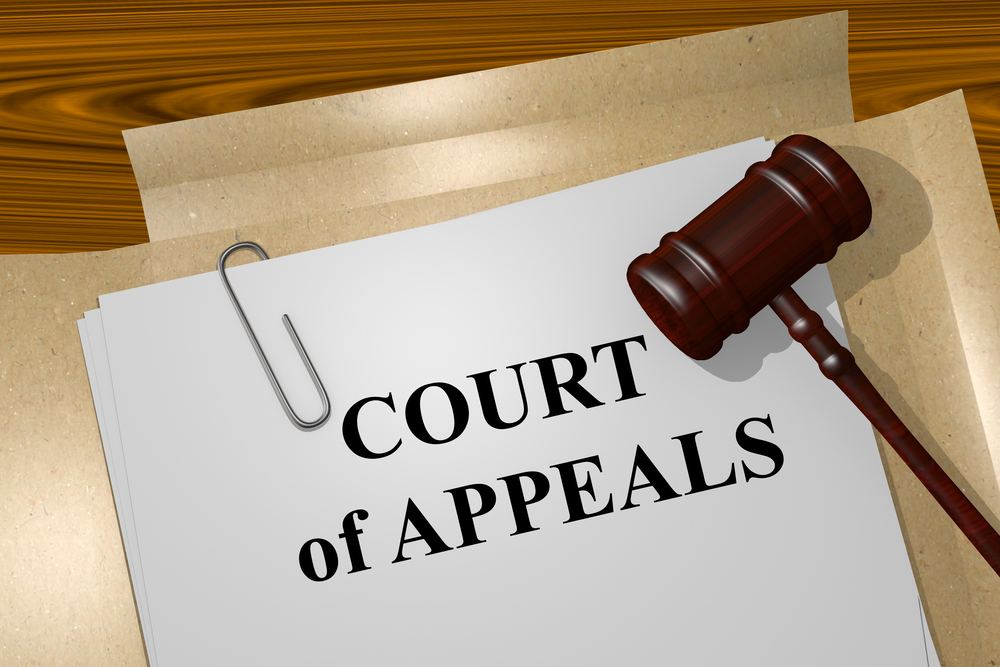Eleventh Circuit Finds Medicare Secondary Payer Act Not Preempted by Procedural Requirements
Eleventh Circuit Finds Medicare Secondary Payer Act Not Preempted by Procedural Requirements
This past week, the United States Court of Appeals for the Eleventh Circuit held that private causes of action brought under the Medicare Secondary Payer Act (MSP Act) are not preempted by contractual and state procedural requirements. In consolidated actions, MSP Recovery Claims, Series LLC v. United Automobile Insurance Company, Case No. 21-12439 (11th Cir. Feb. 22, 2023), and MSPA Claims 1, LLC v. Covington Specialty Insurance Company, Case No. 21-12428 (11th Cir. Feb. 22, 2023), the Eleventh Circuit issued an opinion affirming summary judgment in favor of the defendant insurance companies: in the first because MSP Recovery Claims, Series LLC (MSP Recovery) did not comply with Florida’s presuit requirements for such claims; in the second because MSPA Claims 1, LLC (MSPA) did not meet a claims-filing deadline in the underlying insurance policy.
Insurance Policy’s Claims-Filing Provision Not Preempted by MSP Act
In the suit against Covington, MSPA—as assignee of Florida Healthcare Plus, Inc. (FHCP), a Medicare Advantage Organization—sought to recover medical expenses FHCP made on behalf of its beneficiary. The beneficiary, who was injured while going down a stairwell on property insured by Covington, was enrolled in FHCP’s Medicare Advantage plan. FHCP made payment for purported accident-related medical expenses and eventually assigned its rights for reimbursement under the MSP Act to MSPA. MSPA then filed suit against Covington under the MSP Act seeking reimbursement for these paid medical expenses.
Covington moved for summary judgment, arguing among other things, that the one-year claims filing deadline in its insurance policy barred MSPA’s claim because the subject claim was not submitted timely. The district court agreed and granted summary judgment.
On appeal, MSPA argued that the contractual deadline was preempted by the MSP Act, which has a three-year claims filing period. In rejecting MSPA’s argument, the Eleventh Circuit noted that the claims-filing provision in the MSP Act is for the United States, and does not specifically refer to the private cause of action under the MSP Act. Moreover, the claims filing period on the MSP Act only speaks to claims filed under an employer group health plan, not to claims filed under a no-fault or general liability policy like the one at issue. As a result, the Eleventh Circuit affirmed the district court’s summary judgment order.
MSP Act Similarly Does Not Preempt Florida’s Presuit Requirements
In the suit against United Auto, MSP Recovery was assigned reimbursement rights from Avmed, another Medicare Advantage Organization. MSP Recovery then filed a putative class action in the Southern District of Florida to recover these payments under the MSP Act.
United Auto moved for summary judgment based on MSP Recovery’s failure to send a presuit demand letter, as required by Florida’s Motor Vehicle No-Fault Law. The district court granted that motion.
On appeal, MSP Recovery argued this state statutory requirement was preempted by the MSP Act. As with Covington, the Eleventh Circuit found this argument unavailing. Specifically, the Eleventh Circuit held that the MSP Act does not preempt Florida’s presuit demand requirements. The court found there is nothing within the text of the MSP Act to suggest Congress sought to broadly preempt states’ insurance regulatory schemes, nor is there anything within Florida’s statutory presuit requirement that thwarts or creates an unconstitutional obstacle for a party seeking reimbursement under the MSP Act. The Eleventh Circuit also rejected MSP Recovery’s argument that the court’s precedent compelled a finding that the MSP Act preempted state law, distinguishing the cases upon which MSP Recovery relied.
Takeaway for Insurers and Practitioners
The takeaway from these two cases is that, notwithstanding the MSP Act’s private cause of action, litigants may nonetheless be required to satisfy other procedural requirements for bringing such claims, depending on the degree to which those requirements may conflict with the MSP Act’s procedural requirements. As exemplified here, because the MSP Act allows primary payers who may be liable for reimbursement to assert any valid contract defense, Covington was able to successfully argue that MSPA had to abide by the claims-filing provision applicable to the policy under which MSPA was seeking recovery. In the same vein, United Auto was able to use Florida’s presuit filing requirement to shield itself from potential liability.
This decision thus provides clarity for insurers defending suits brought under the MSP Act as to which defenses they may assert, as the scope of the MSP Act is not so broad so as to preempt any relevant procedural requirements—such as those found in the underlying policy or under the state’s presuit requirements—collateral to, but no less mandatory, for such actions. While the Eleventh Circuit’s holding did not outright condone all procedural defenses, it nonetheless provides guidance for insurers who might otherwise be unsure whether to assert a particular defense.










